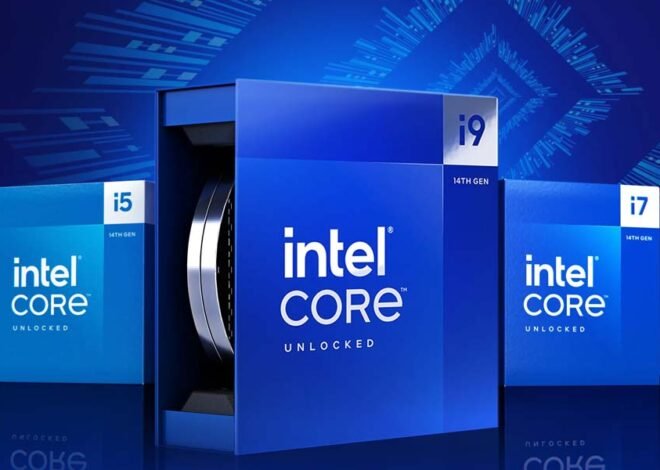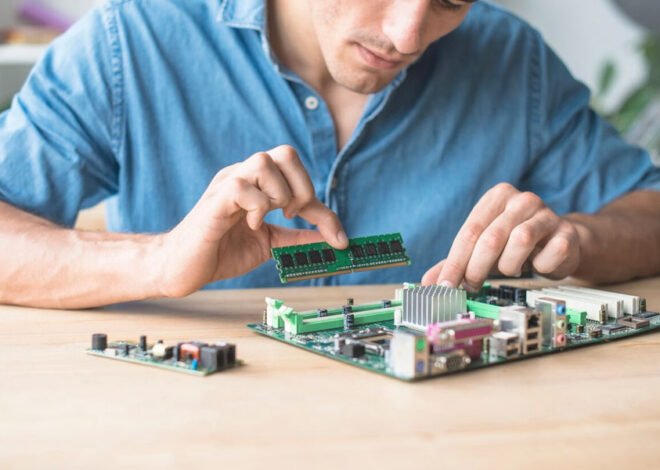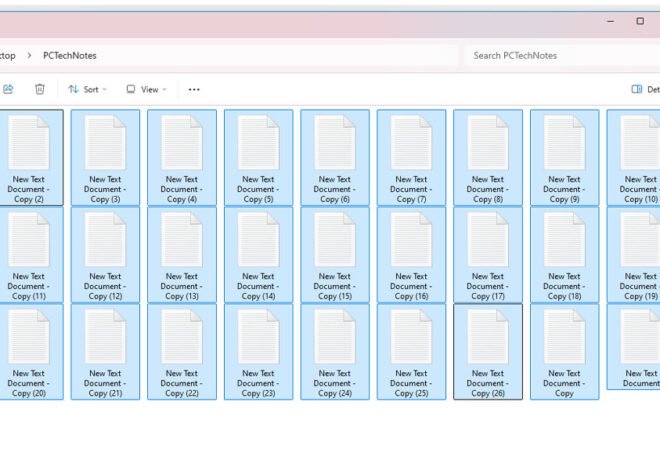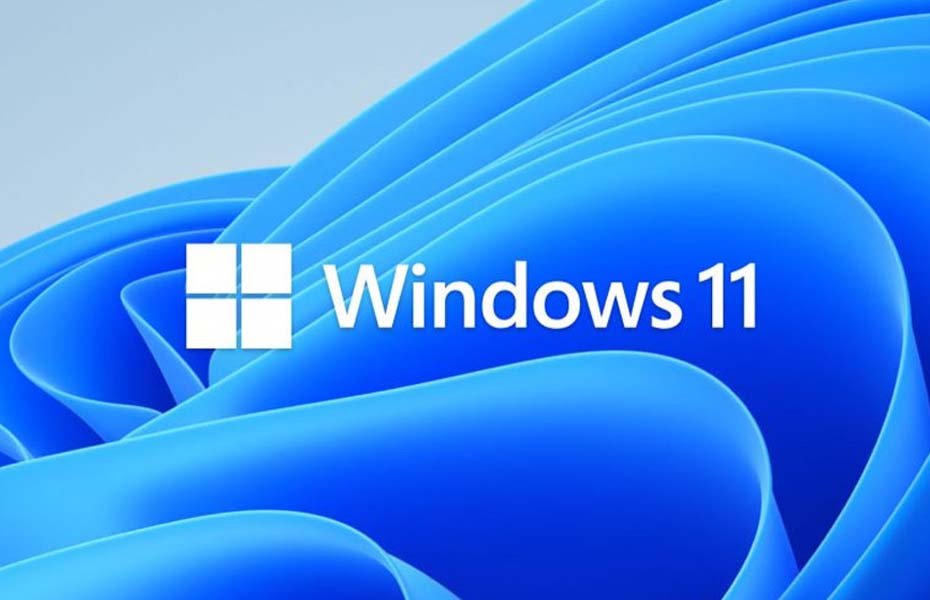
Speed Up Windows 11: 10 Easy Tips for Beginners
Windows 11 is a sleek and powerful operating system, but like any software, it can start to slow down over time. Whether you’re new to Windows 11 or just looking for ways to make your PC run faster, these simple tips can help you boost performance and get the most out of your system. From managing startup programs to optimizing settings, we’ll guide you through easy steps to speed up your computer and enjoy a smoother, more responsive experience. Let’s dive in and get your Windows 11 running like new again!
1. Keep Windows Updated: Make sure your Windows 11 is always up-to-date! Microsoft releases updates with performance improvements and security patches.
Just go to Settings > Windows Update > Check for updates to stay current.
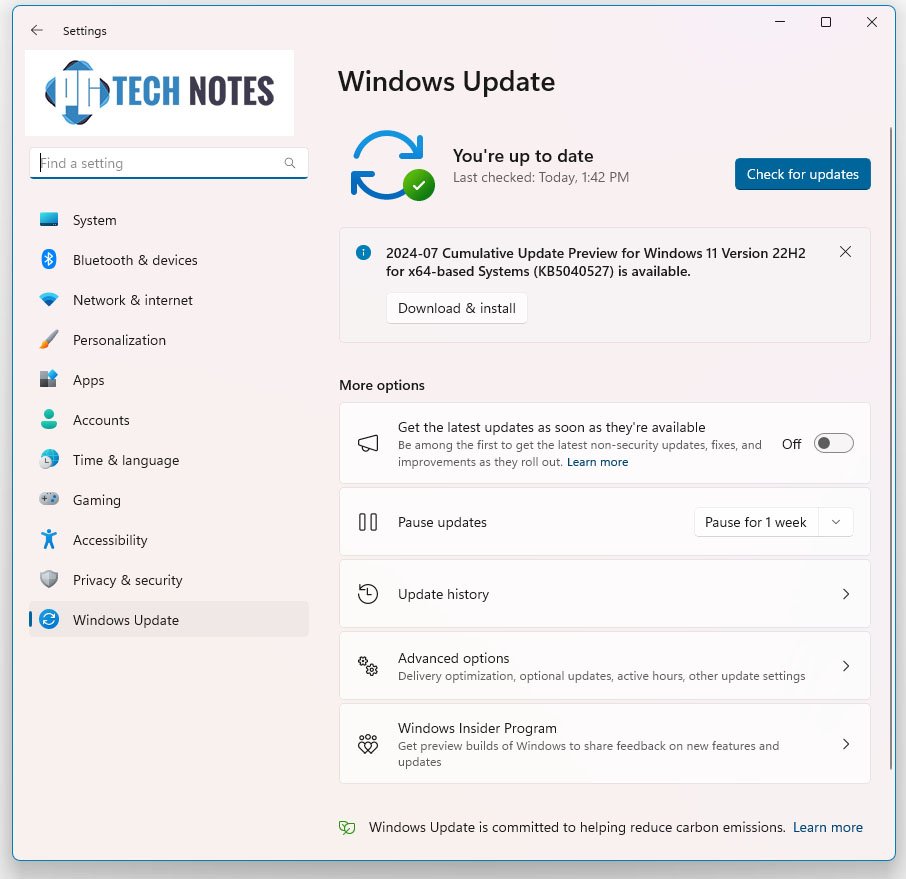
2. Manage Startup Programs: Too many startup programs can slow down your boot time. To disable unnecessary ones, press Ctrl + Shift + Esc to open Task Manager, then go to the Startup tab and turn off programs you don’t need right away.
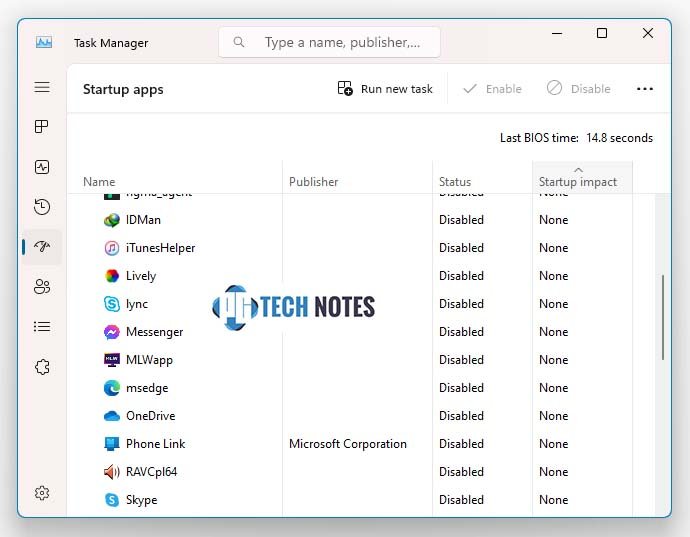
3. Clean Out Unnecessary Software: Got apps you never use? Uninstall them to free up resources! Head to Settings > Apps > Installed apps, find the programs you don’t need, and uninstall them.
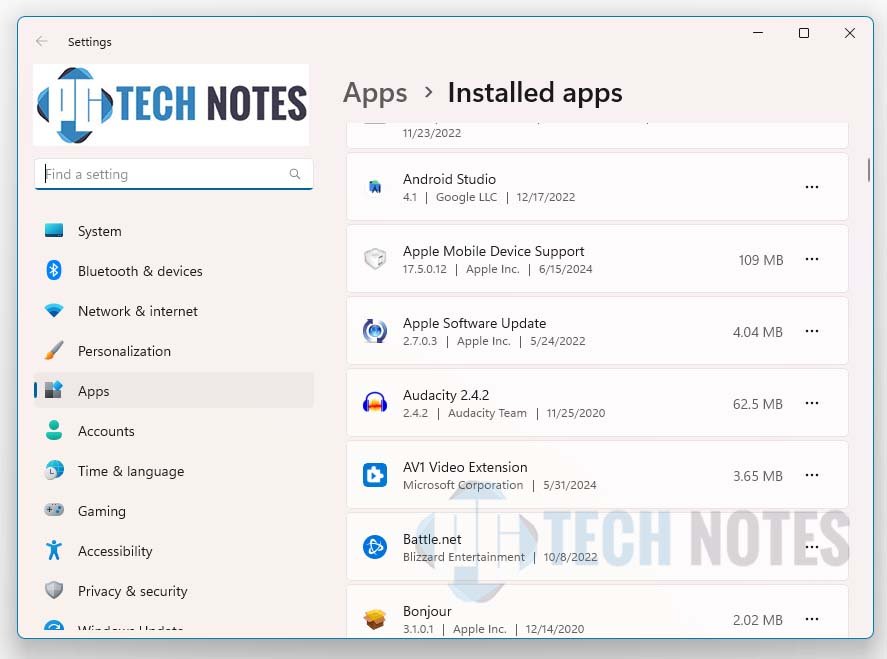
4. Optimize Power Settings: Boost your PC’s performance with the High-Performance power plan. Navigate to Settings > System > Power > Power mode and select Best performance.

5. Tweak Visual Effects: Visual effects are nice but can slow things down. Right-click This PC, choose Properties, go to Advanced system settings > Settings under Performance, and pick Adjust for best performance.
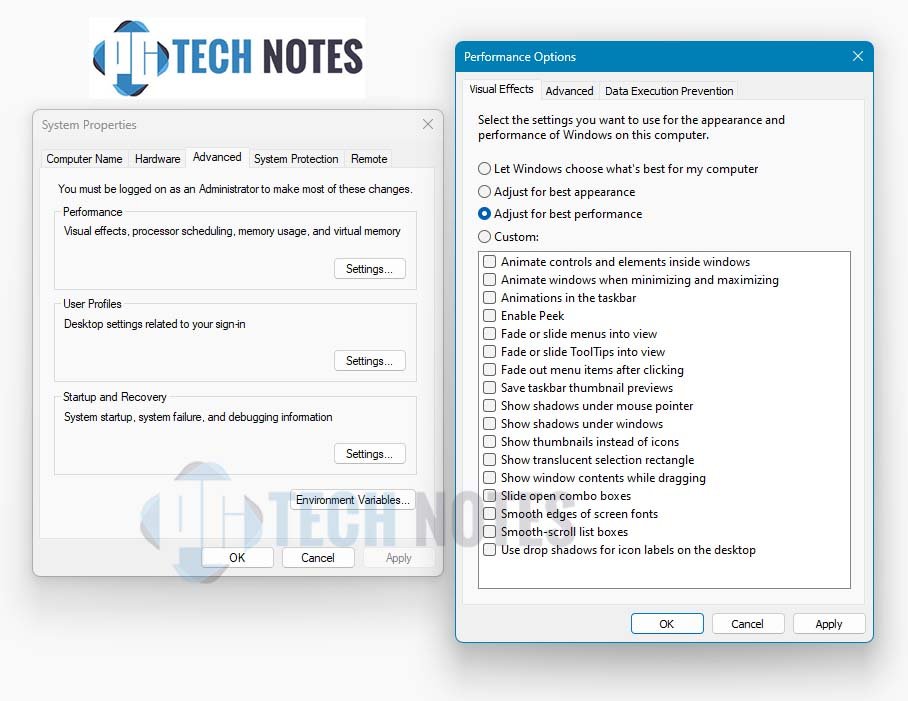
6. Enable Storage Sense: Let Storage Sense automatically clean up space by deleting unnecessary files. Go to Settings > System > Storage, and switch on Storage Sense.

7. Defragment and Optimize Drives: Keep your hard drive running smoothly by defragmenting it regularly. Go to Settings > System > Storage > Advanced storage settings > Drive optimization, select the drive, and click Optimize.

8. Control Background Apps: Stop apps from running in the background to save resources. Go to Settings > Apps > Installed Apps, click an app, and select Advanced options to turn off Background apps.
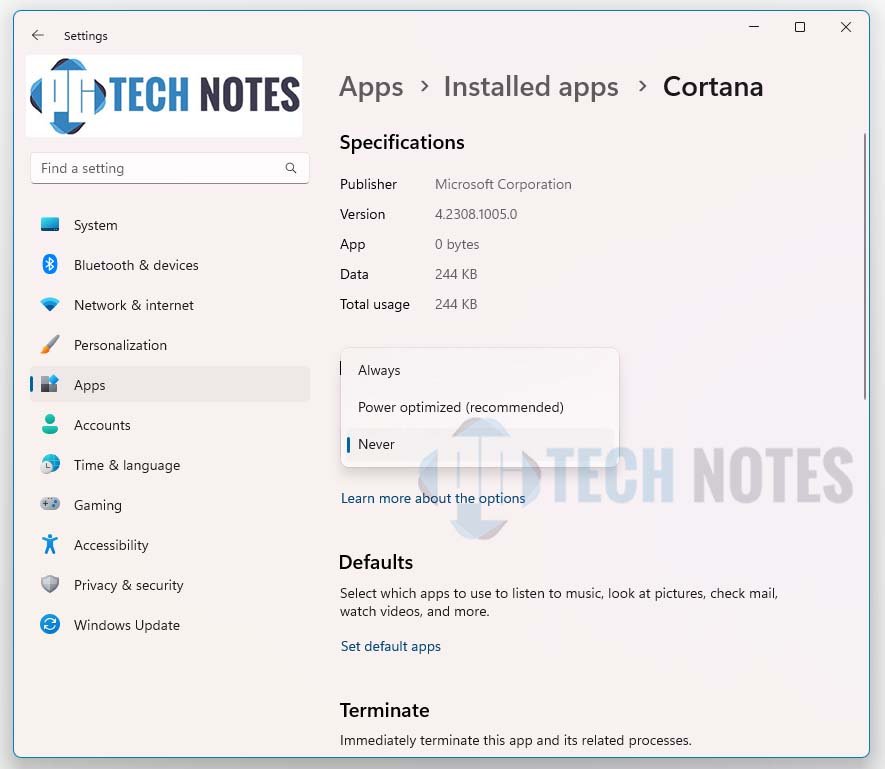
9. Adjust Virtual Memory: Optimize your virtual memory settings. Right-click This PC, select Properties > Advanced system settings > Settings under Performance > Advanced tab > Change under Virtual memory. Uncheck Automatically manage, select your drive, and set the Initial size and Maximum size based on your system’s recommended settings.
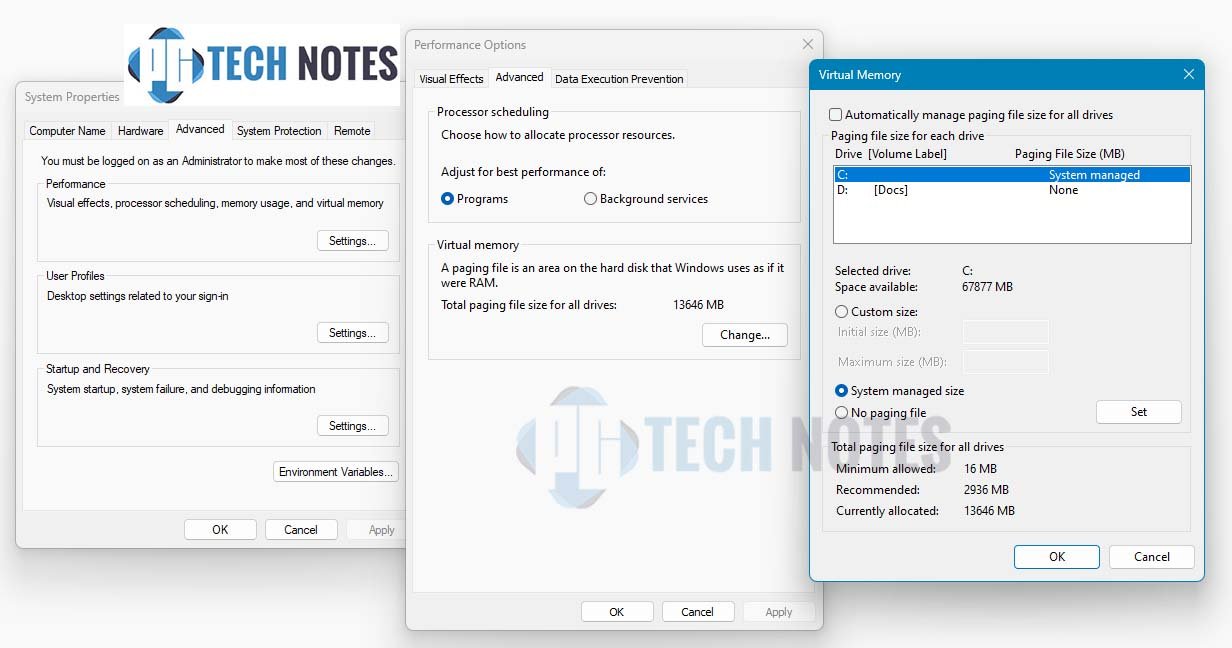
10. Run a Malware Scan: Malware can slow down your PC. Regularly scan your computer using Windows Security or another trusted antivirus program. Go to Settings > Privacy & Security > Windows Security > Virus & threat protection and run a full scan.
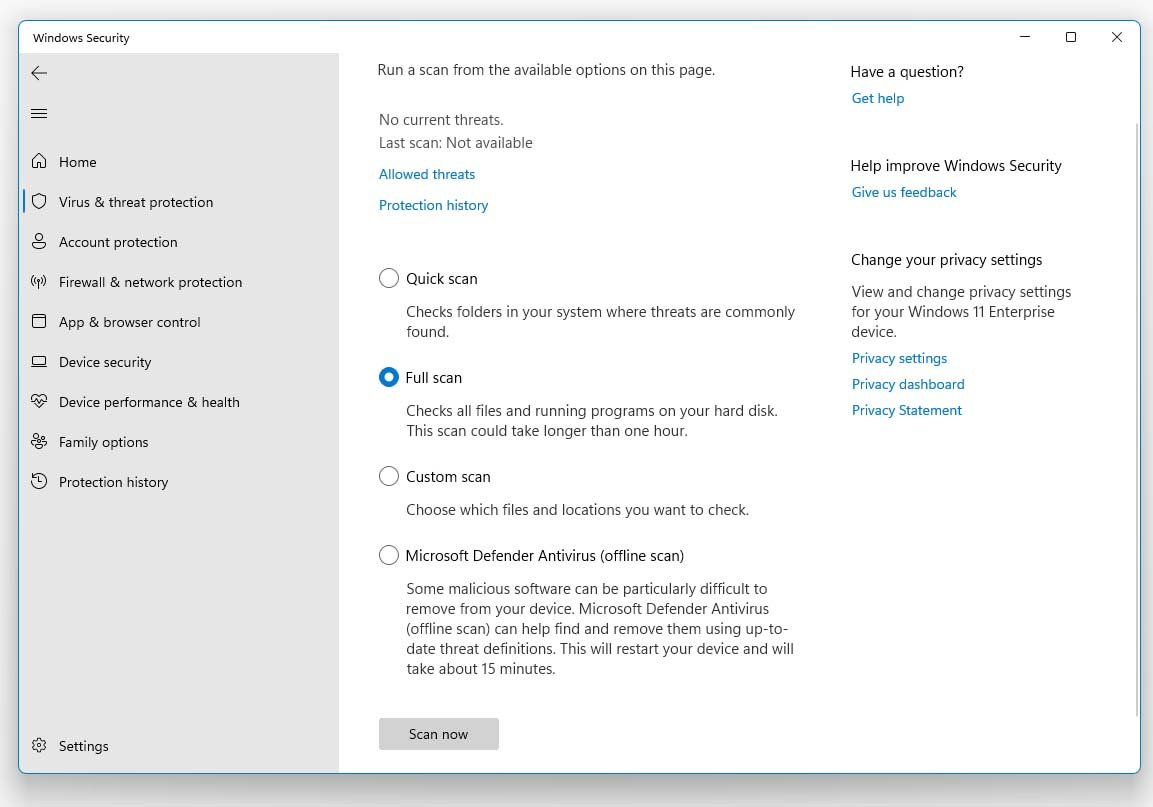
Bonus Tip: Clean Your Hardware
Dust and dirt can cause your PC to overheat and slow down. Make sure your computer’s hardware is clean and well-ventilated for the best performance.
By following these friendly tips, you’ll see a noticeable improvement in your Windows 11 performance. Happy computing!

